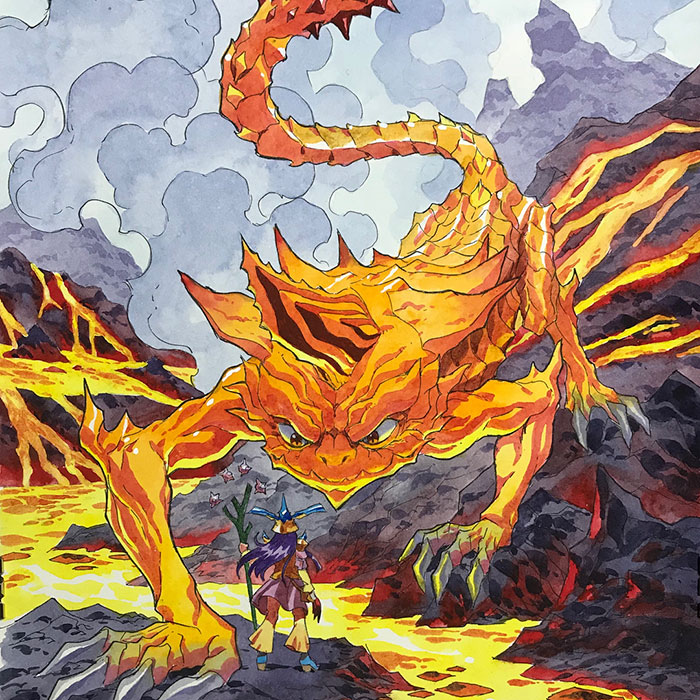

First, technologies are the enablers that drive the transition from the current Internet to the metaverse.

This survey paper presents the first effort to offer a comprehensive framework that examines the latest metaverse development under the dimensions of state-of-the-art technologies and metaverse ecosystems, and illustrates the possibility of the digital `big bang'. While the metaverse may seem futuristic, catalysed by emerging technologies such as Extended Reality, 5G, and Artificial Intelligence, the digital `big bang' of our cyberspace is not far away.

At the core of the metaverse stands the vision of an immersive Internet as a gigantic, unified, persistent, and shared realm. The term `metaverse' has been coined to further facilitate the digital transformation in every aspect of our physical lives. Such virtual environments, albeit non-perpetual and unconnected, have bought us various degrees of digital transformation. We have created various computer-mediated virtual environments including social networks, video conferencing, virtual 3D worlds (e.g., VR Chat), augmented reality applications (e.g., Pokemon Go), and Non-Fungible Token Games (e.g., Upland). Since the popularisation of the Internet in the 1990s, the cyberspace has kept evolving.


 0 kommentar(er)
0 kommentar(er)
